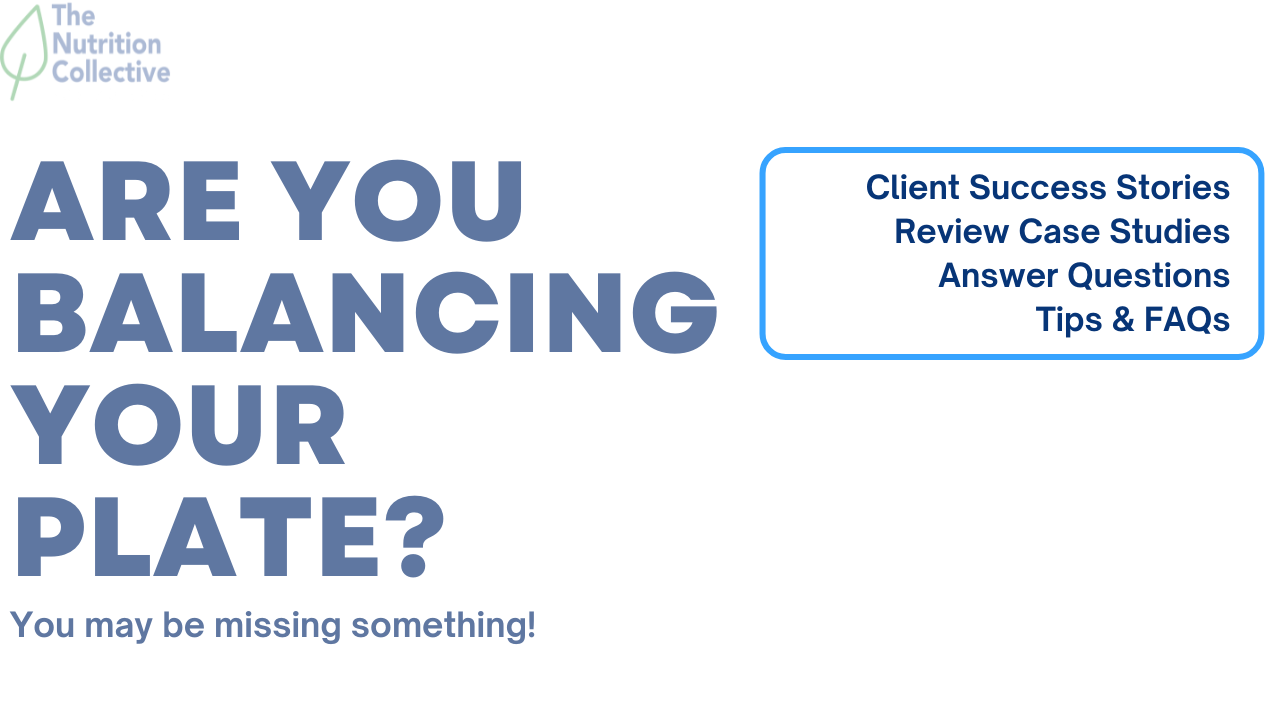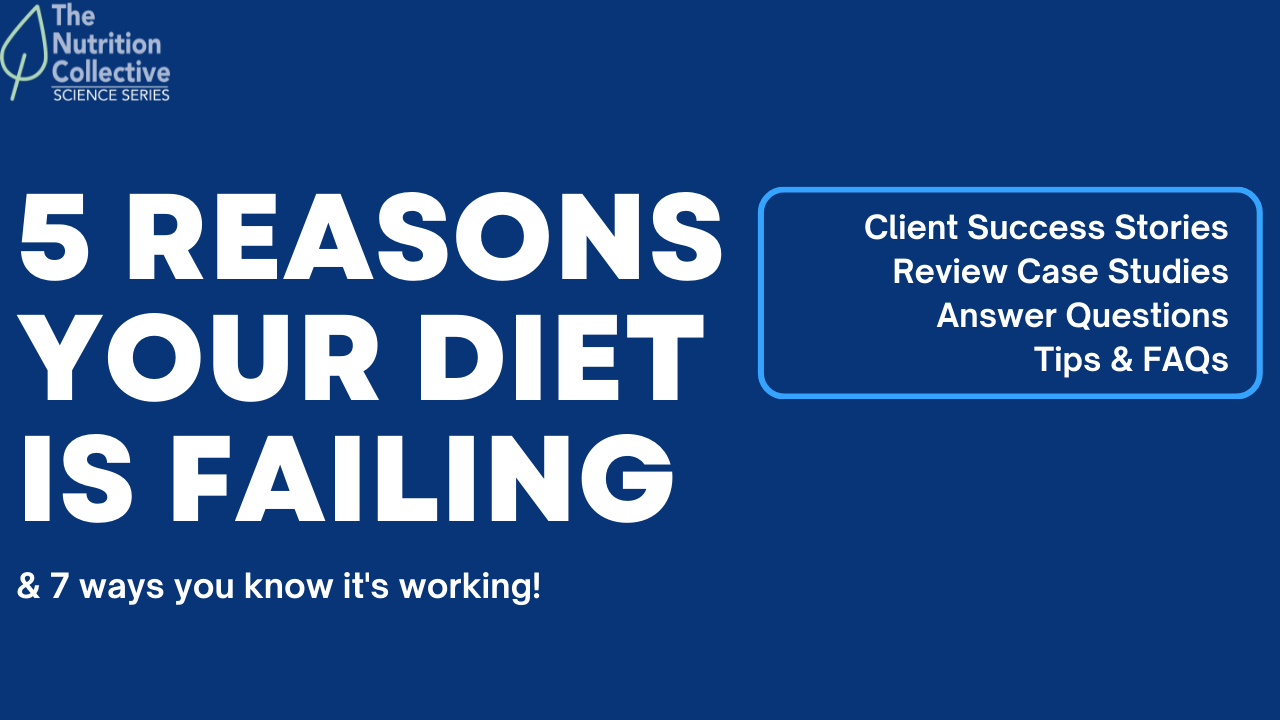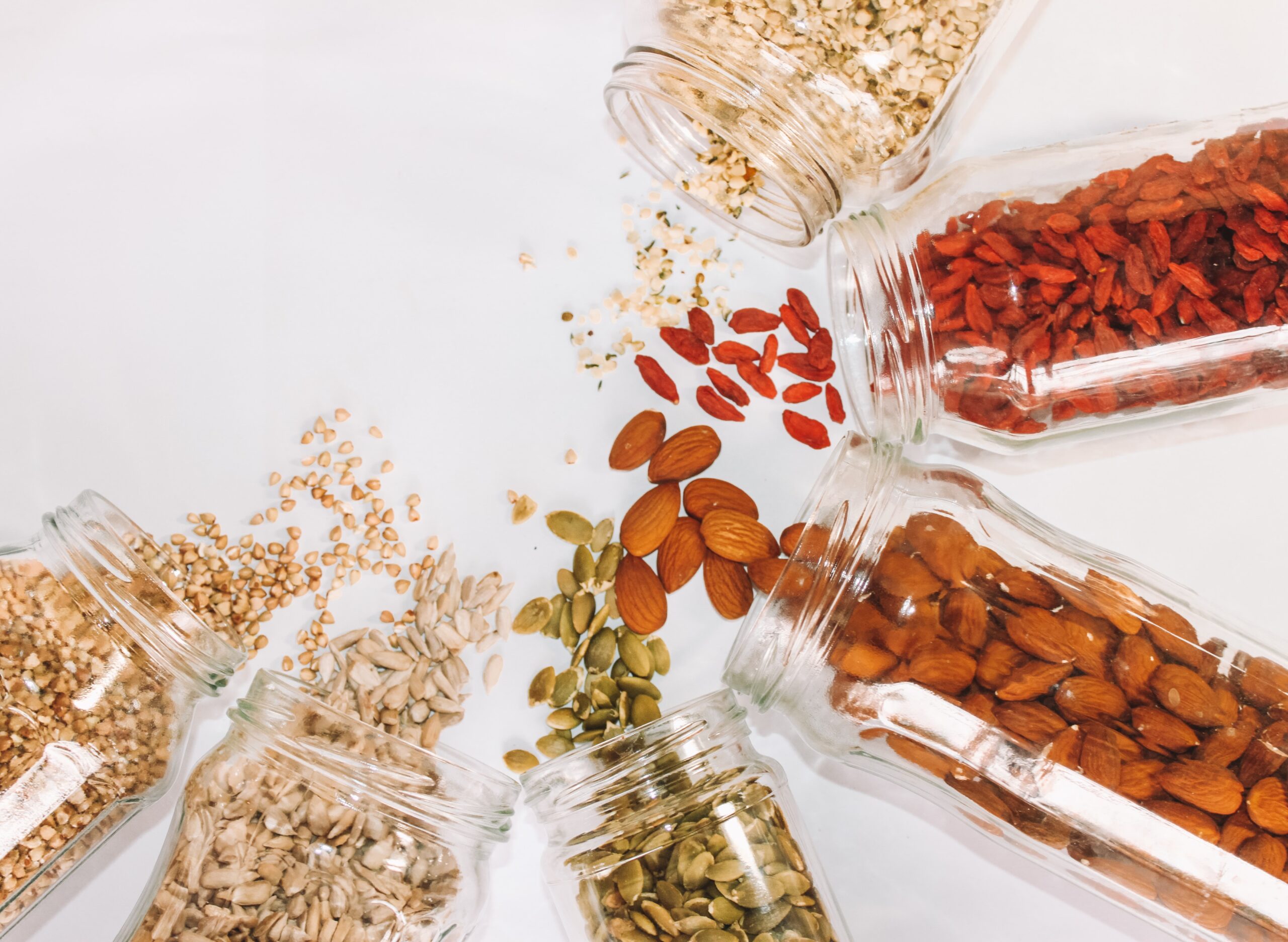Coffee has been around for centuries, and coffee lovers are everywhere. It is the world’s most popular drink after water, with over 2 billion cups served per day!(1) There are many benefits coffee can offer you, including promoting fat burning, lower risk of diabetes and heart disease, helping control blood sugar levels in people with type two diabetes, decreasing liver inflammation (liver health), improving alertness & thinking ability. There are many other coffee benefits that may be useful to you! It has even been shown to improve short-term memory and athletic abilities!
Important Coffee Compounds
Coffee contains caffeine, a stimulant that has been shown to improve physical performance and alertness (2) (that’s why coffee is often consumed before exercising or taking an exam). Caffeine can also help you feel less tired and increase your energy levels. The coffee bean also contains antioxidants, which are substances that protect your cells from damage.
Health Benefits of Coffee

Coffee has been shown to have a number of health benefits, which is why so many people love it! Some coffee benefits include:
– Increased fat burning. A study from the University of Birmingham showed that coffee can increase your metabolic rate by up to 11% (3). This means you’ll burn more calories throughout the day, which can help you lose weight or maintain your current weight.
– Decreased risk of diabetes and heart disease. A study from the Harvard School of Public Health showed that coffee drinkers have a reduced risk of type II diabetes and heart disease (4). In fact, coffee may even be more cardioprotective against these diseases than green tea! (5).
– Help control blood sugar levels in people with type two diabetes. Coffee can also improve your sensitivity to insulin, which means coffee drinkers are less likely to develop type II diabetes than their non-coffee drinking counterparts (6).
– Decreasing liver inflammation. A study published in Hepatology showed that coffee drinkers have less inflammation in their livers and a decreased risk of developing cirrhosis, even if they don’t drink alcohol (7).
– Improving alertness & thinking ability. A study from the University of Colorado found that coffee can help you feel more alert and think more clearly. (8) It was also shown to improve short-term memory and athletic ability! (2)
If coffee isn’t your thing, then you should consider trying coffee benefits to see if it helps with any health issues or concerns that you may have. After all, coffee is enjoyed by so many people around the world for a reason! Coffee has been shown time and again to be an extremely healthy beverage.
Caffeine and Exercise

Caffeine is found in coffee, tea, cola drinks and energy drinks. It’s a natural stimulant that helps you feel more alert and can improve your athletic performance. Caffeine works by blocking the effects of adenosine, which is a chemical that normally makes you feel tired (9). When caffeine blocks the effects of adenosine, you can feel more alert and improve your athletic ability.
Be careful not to drink coffee too close to the time that you exercise though. Drinking coffee within an hour of working out has been shown to reduce strength and endurance (10). Drink coffee about two hours before exercising if possible.
If you’re looking for a natural way to improve your athletic performance, then caffeine may be a good choice for you!
Coffee and Hydration
Keep in mind, coffee is a diuretic and can be dehydrating. This means that coffee can make you lose more fluid than you take in, which is not good if you’re trying to stay hydrated. Try drinking a glass of water after your coffee to help offset the dehydration effects.
Word of warning
Coffee can also cause anxiety in some people. If you’re prone to anxiety, then you may want to avoid coffee or at least limit your intake. Pregnant women should speak to their doctors before drinking coffee, as it can lead to dehydration and other complications.
Coffee has a number of health benefits that make it a great choice for many people. Just be sure to drink coffee in moderation and stay hydrated!
Is there a “best” type of coffee?
Different coffee drinks contain different levels of caffeine and other natural chemicals. Caffeine is the most well-known coffee benefit, but there are others that may be useful to you! It’s hard to say what type of coffee will provide you with the best health benefits since they all vary in their chemical composition. For example, coffee beans roasted to a light or dark brown contain different levels of antioxidants and other health-promoting compounds. Decaffeinated coffee also contains a lower level of caffeine than regular coffee, but it doesn’t have the same health benefits as caffeinated coffee because some of the beneficial chemicals are lost in the decaffeination process.
So, coffee lovers rejoice! There are many health benefits to drinking coffee each morning. Not only does coffee help increase fat burning and focus, but it can also decrease your risk for some chronic diseases. Get out that coffee maker and start your day off right with a cup of Joe!
Resources
- https://www.pbs.org/food/the-history-kitchen/history-coffee/
- Cappelletti, Simone et al. “Caffeine: cognitive and physical performance enhancer or psychoactive drug?.” Current neuropharmacology vol. 13,1 (2015): 71-88. doi:10.2174/1570159X13666141210215655
- Hodgson, Adrian B et al. “The metabolic and performance effects of caffeine compared to coffee during endurance exercise.” PloS one vol. 8,4 (2013): e59561. doi:10.1371/journal.pone.0059561
https://www.ncbi.nlm.nih.gov/pmc/articles/PMC3616086/
- van Dam, Rob M. “Coffee consumption and risk of type 2 diabetes, cardiovascular diseases, and cancer.” Applied physiology, nutrition, and metabolism = Physiologie appliquee, nutrition et metabolisme vol. 33,6 (2008): 1269-83. doi:10.1139/H08-120
https://pubmed.ncbi.nlm.nih.gov/19088789/
- Gaeini, Z., Bahadoran, Z., Mirmiran, P. et al. Tea, coffee, caffeine intake and the risk of cardio-metabolic outcomes: findings from a population with low coffee and high tea consumption. Nutr Metab (Lond) 16, 28 (2019). https://doi.org/10.1186/s12986-019-0355-6
- Alperet, Derrick Johnston et al. “The effect of coffee consumption on insulin sensitivity and other biological risk factors for type 2 diabetes: a randomized placebo-controlled trial.” The American journal of clinical nutrition vol. 111,2 (2020): 448-458. doi:10.1093/ajcn/nqz306
https://pubmed.ncbi.nlm.nih.gov/31891374/ - Kennedy, O.J., Fallowfield, J.A., Poole, R. et al. All coffee types decrease the risk of adverse clinical outcomes in chronic liver disease: a UK Biobank study. BMC Public Health 21, 970 (2021). https://doi.org/10.1186/s12889-021-10991-7
- Eugene Y. Chan, Sam J. Maglio. Coffee cues elevate arousal and reduce level of construal. Consciousness and Cognition, 2019; 70: 57 DOI: 10.1016/j.concog.2019.02.007
- Nehlig, A et al. “Caffeine and the central nervous system: mechanisms of action, biochemical, metabolic and psychostimulant effects.” Brain research. Brain research reviews vol. 17,2 (1992): 139-70. doi:10.1016/0165-0173(92)90012-b
https://pubmed.ncbi.nlm.nih.gov/1356551/ - https://www.coffeeandhealth.org/topic-info/sports-performance-does-caffeine-aid-performance-in-endurance-aerobic-exercise







